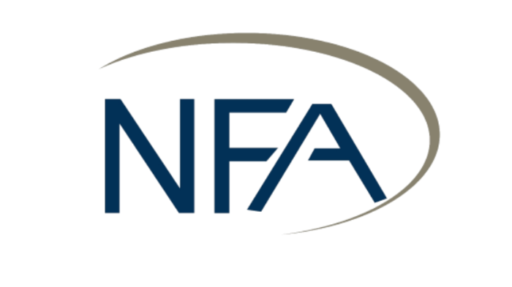Who are the National Futures Association?
The National Futures Association (NFA) is the self-regulatory organisation for the US derivatives market, which includes futures, forex and OTC swaps. ‘Self-regulatory’ means that while the NFA is not a government agency, it still has an active part to play in regulating the financial services and products sector in the US.
Established in 1982, the NFA is a not-for-profit organisation that operates independently of government office, and for many financial services providers, membership is mandatory.
When the Commodity Futures Trading Commission (CFTC) was founded in 1974, US Congress passed a law that allowed for a self-regulatory organisation to operate in conjunction with its own federal agency.
In 2000, Congress passed into law a motion that required brokers and financial services firms that offer a trading platform or that offer advice to members of the public to become a registered member of the NFA.
In 2010, this was extended to firms that offer swaps – both dealers and participants – to also be registered with the CFTC and the NFA and adhere to the margin requirements guidelines.
At the time of writing, there are 4,000 firms registered with the NFA in the US and 55,000 associate members.
Regulatory areas and powers
While bowing to the CFTC for the most part, the NFA does still possess some enforcement actions that it can take against its members and associates when they violate the regulator’s guidelines.
The NFA has its own code of arbitration, and these powers are evoked when, in its words, an “NFA Member or Associate engages in conduct that puts customers, the futures markets, or other Members at risk”. Its powers range from warnings regarding future conduct, fines and even disbarment from the NFA.
Those who wish to see the registration lookup, or are simply feeling inquisitive, can see a full list of the actions taken by the NFA here: https://www.nfa.futures.org/news/EnforceRegActionsSimple.aspx.
In addition, the NFA offers a range of services in monitoring the activities of swap execution facilities (SEF) that are registered with the CFTC. Its actions include market surveillance, investigations and disciplinary hearings, audit trails, reporting and arbitration where required.
How to check if a broker is regulated by the National Futures Association
There is a dual layer of protection for investors in the US because, as well as having to register with the CFTC, brokers also have to become members of the NFA – with only a handful of exceptions.
The CFTC has delegated responsibility for membership registration to the NFA, and all of the relevant details can be found on its website. After applying for membership, the NFA investigates all applicants with a thorough check on their background and fitness for purpose.
The types of operators that must register with the NFA include Commodity Trading Advisors, Introducing Brokers, Floor Traders and Floor Brokers, Futures Commission Merchants and more.
To see an NFA member list, the BASIC database can be accessed by visiting https://www.nfa.futures.org/basicnet/.
Making a complaint
To make a complaint against an NFA member, the first port of call should be https://www.nfa.futures.org/investors/index.html. There is a great deal of information and resources listed there.
This information includes a direct link to the ‘File a Complaint’ form, which only takes a few moments to fill in. Once submitted, a member of the NFA investigations team will get to work and seek the required answers.
